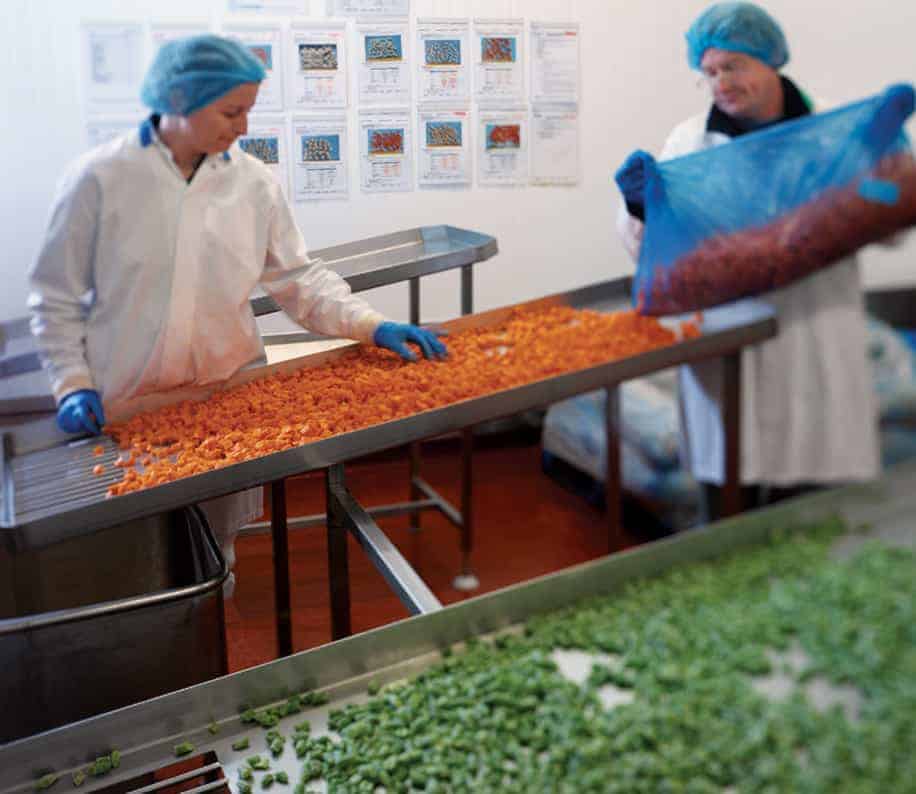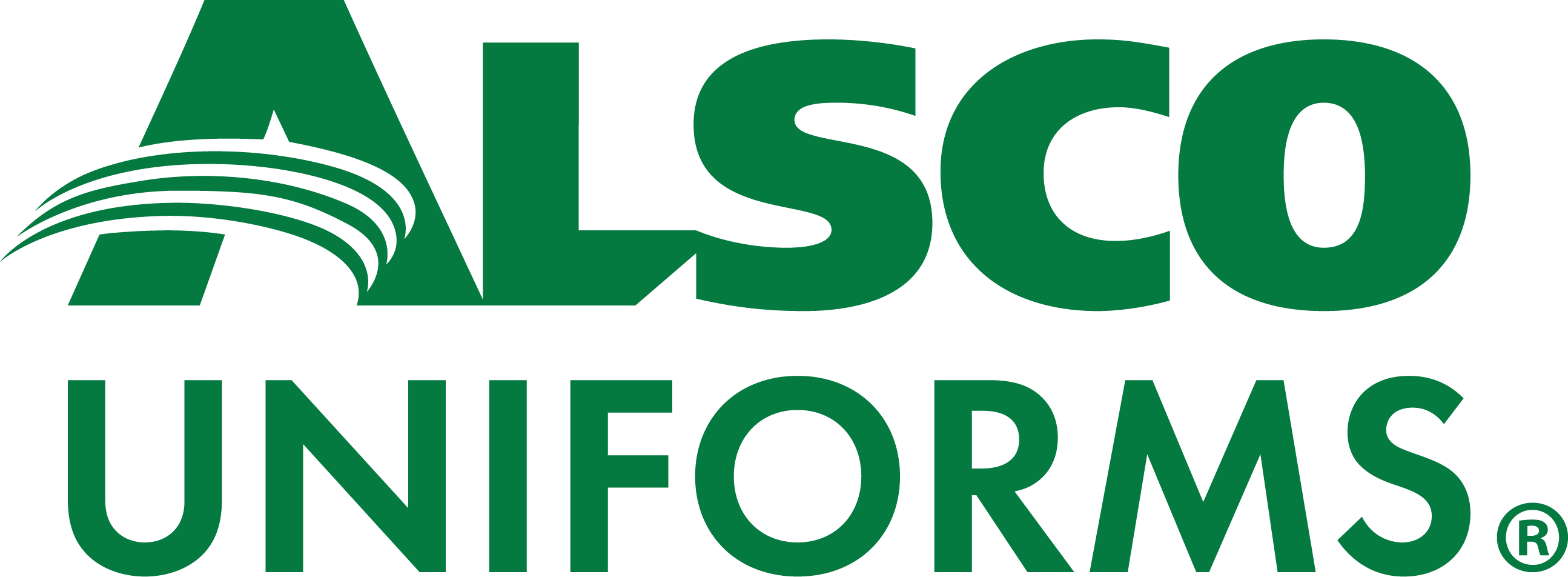
Food processing refers to any method used to transform an agricultural product into the food form recognized in our local grocery store, or any method used to modify one food item into another form.
Food Processing Methods
When we look at our morning breakfast cereal, we don’t typically picture a pile of raw oats or a sheaf of wheat out in the field. That’s because those natural ingredients have been changed via food processing.
Food processing is transforming fresh, raw food into food products that are easily recognized, regularly consumed and loved by all.
Food processing isn’t always as complicated as it sounds. It can be as simple as baking a batch of cookies in your kitchen. Or as complex as taking fresh fruit, preparing it to be dried, freeze-drying it, and then packaging it at a food processing plant.
Methods used in food processing include:
Cooking
Drying
Smoking
Fermentation
Pickling
Salting and curing
Freezing or freeze-drying
Pasteurization
Chemical additives to extend shelf life
Food processing often makes food edible. By taking food that cannot be eaten in its natural form and transforming it, it is then ready to eat.
Methods used in food processing are vital to food safety but they also provide convenience, affect nutritional value (for good and bad), and reduce the price of processed food goods.
What Food Processing Means to the Economy
Not only is the food processing industry crucial to the way we live day to day, the food processing industry is an important staple to our economy. The food we eat doesn’t always go from farm to table like it used to. The vegetables we are eating have survived a series of events including harvesting, cleaning, packaging and transport.
At each step in the series of events that lead to food getting to consumers, there is transfer of goods from one company to the next in the processing procedure. Each transfer of goods means potential revenue for the companies selling the food goods to supermarkets or other distribution customers.
The shift throughout the years in the time and effort needed to produce food has led to more convenience. Food being prepared start to finish by one individual is more costly compared to mass producing food items.
Producing food on a large scale not only provides convenience to the consumer, but has led to a profitable business for manufacturing companies and suppliers of these processed food products.
It is a fact that we cannot live without food. It is right there at the top of the list with water, air and shelter. Regardless of whether the US is in a recession or experiencing a booming economy, food is going to need to be purchased.
With the constant need for food, the food processing industry has a steady demand. That steady demand makes investing in the industry intriguing.
“This sector is praised for its ability to deliver consistently positive investment returns. Indeed, over the past 20 years, Food Processing stocks, have on average, delivered high single-digit annual total returns, with much less volatility than the broader market indexes.” (ValueLine, 2021)
Food Processing Uniforms & Safety
The food processing industry isn’t going anywhere and neither is the need for food processing uniforms and safety.
There are engineers working to develop the appropriate factory equipment to process and package food, and microbiologists and chemists working directly with the food. Each is working to bring us what we know of food today.
All of these professions are playing their own part in food production, together they all understand the need for food safety.
With the increase in products made specifically for those with food allergies, food safety and the risks of cross-contamination has become a large concern.
Food processing uniforms are necessary to ensure safety and cleanliness at all times in the procedures and operations in the industry.
Cleanliness, sanitation, hygiene, and having a properly laundered uniform is all critical to meeting the current good manufacturing practices (CGMP) set by each food processing plant. Following the CGMP ensures the safety and controls during the production of food.
Food Processing & Alsco
Food processing provides consumers with the convenience of off the shelf and ready to eat options. It transforms grains, plants and raw foods into a food form we recognize. Without precautions, guidelines and safety regulations production lines would be affected and shelves would be empty.
Hazard Analysis Critical Control Points of HACCP is an internationally recognized method of managing and identifying food safety related risk. Alsco offers a HACCP-conscious uniform program, including a three-tier sanitation process to ensure our high quality product meets strict hygienically clean standards.
Find out more about the full line of Food Processing uniforms Alsco offers.
Sources
https://www.fda.gov/food/hazard-analysis-critical-control-point-haccp/haccp-principles-application-guidelines. (December 2017). Food and Drug Administration.
https://www.fda.gov/food/guidance-regulation-food-and-dietary-supplements/current-good-manufacturing-practices-cgmps-food-and-dietary-supplements. (January 2020). Food and Drug Administration.
https://www.britannica.com/technology/food-processing. Encyclopedia Britannica.
https://www.britannica.com/technology/vegetable-processing/Fresh-and-minimally-processed-vegetables. Encyclopedia Britannica.
https://www.foodprocessing.com/. Food Processing: The Information Source for Food and Drink Manufacturers.
https://www.valueline.com/Stocks/Industries/Industry_Overview__Food_Processing.aspx. Value Line: Smart Research, Smarter Investing.
https://www.ced.org/pdf/Economic_Contribution_of_the_Food_and_Beverage_Industry.pdf. (March 2017). Committee of Economic Development.
https://www.masterclass.com/articles/a-guide-to-the-5-levels-of-maslows-hierarchy-of-needs. Masterclass.
https://safefood360.com/2018/04/facing-and-controlling-cross-contamination-in-food-processing/. (April 2018). Safe Food 360.
